LATEST NEWS


Consumer protections that support a free and open internet are under attack by the FCC and the Trump administration but tech titans and telecoms are wary of GOP calls for legislating the future of the Web.


There are well over a hundred specialized STEM schools and programs in the Los Angeles Unified School District. So why are a handful of California politicians pushing to create a state-run STEM school in L.A.?


Conditions at Adelanto Detention Center, a privately operated prison currently used to detain undocumented immigrants, are said to be grim. Nine detainees, all of whom came to the U.S. seeking asylum, were so fed up that they staged a hunger strike. Guards responded with violence and pepper spray.


A California company wants to pump water from an ancient aquifer in the Mojave desert. Experts warn that draining the aquifer would irreversibly harm the desert’s fragile ecosystem, and at least one politician is listening.


By reclassifying certain nonviolent felonies as misdemeanors, Proposition 47 has helped undocumented immigrants with criminal records. Even one day of a sentence reduction can make a difference between being deported or not.


Featured interviews with Shake Shack CEO Randy Garutti and Rob Siegel, who wrote the biopic “The Founder” about McDonald’s mogul Ray Kroc. Also, Lily Bowles, sustainability officer at Aspiration, takes a look at which fast-food companies are leaders, and which are laggards, when it comes to taking care of their people and the environment.
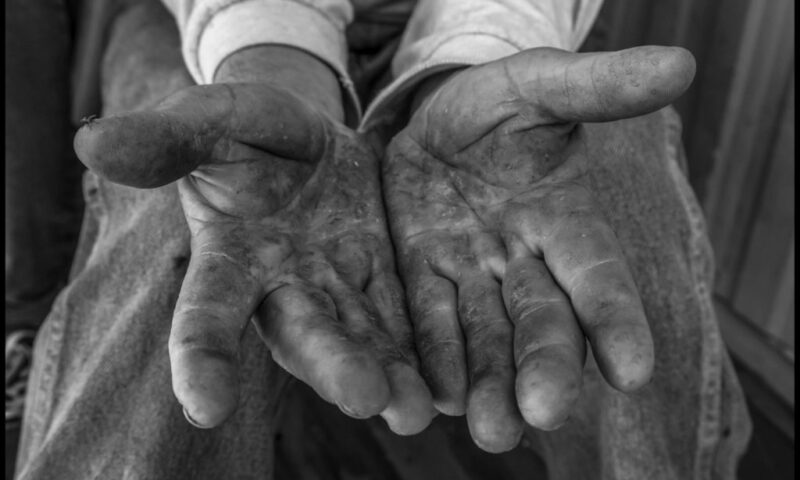

Co-published by The American Prospect /
“Sustainability” is the mantra for many groups and businesses near the Salton Sea. But sustainability for whom? BY DAVID BACON


The future of an Obama-era rule to double the overtime salary threshold to $47,476 is uncertain under Donald Trump’s Labor Department.


California environmentalists and other critics are denouncing a proposed natural gas pipeline that would parallel Interstate 15, saying it is not only unnecessary, but that it runs counter to the state’s mission of embracing green energy.


With their meetings being disrupted by apparent Trump supporters, Westside liberals can no longer enjoy their old sense of isolation and insulation.
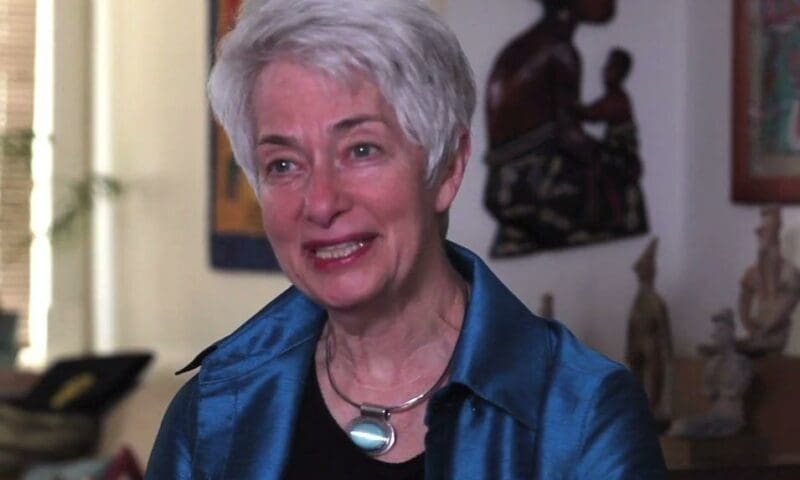

Like Woody Allen’s character in the film Zelig, Heather Booth seems to have been everywhere there was a fight for social justice. She’s played key roles in battles for voting rights, child care, workers’ rights, immigrant rights, and reproductive freedom.
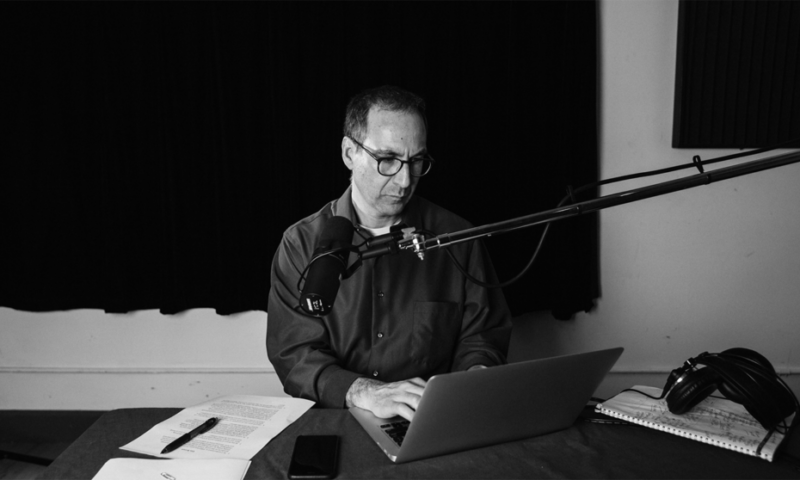
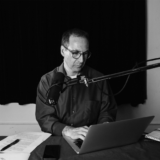
This week on The Bottom Line podcast, Rick Wartzman interviews Time Inc.’s Alan Murray about restoring trust in business.


Co-published by Fast Company
A “Made in the USA” label is not a guarantee of good working conditions, claim labor advocates and wage-and-hour officials who say sweatshops are still found in California.
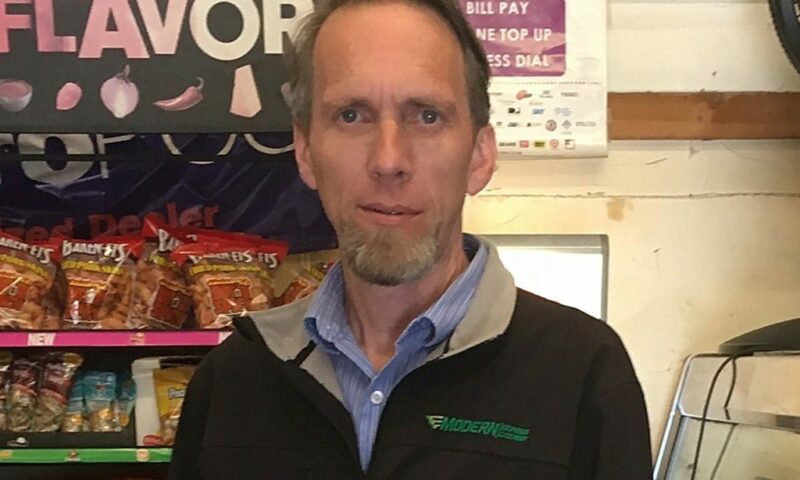

Co-published by The American Prospect
Uber? That’s so 2015. A new report finds that we don’t know as much about the sharing economy as we think we do.


This week could be decisive in determining how many of the over 20 million Americans and five million Californians who gained health insurance under the Affordable Care Act will be allowed to keep it.


In the military, McCain was a hero. But yesterday, on the Senate floor, he put loyalty to his party and to President Trump over loyalty to his country and the needs of his fellow citizens.


For over 160 years the California State Fair has been run by growers to showcase the wonders and wealth of the state’s agriculture. And for over 160 years the fair did this without mentioning the people whose labor makes agriculture possible: farmworkers. This year that changed.


Co-published by Fast Company
What’s arguably most responsible for the growing problem of electronic waste is the manufacturing model of planned obsolescence, in which software and hardware become incompatible or antiquated, or smartphones and laptops aren’t designed for durability.


Clancy Sigal was probably better known in England than in his native country, but he still had many American fans who read his books and articles and marveled at his wide-ranging interests, his brilliant writing and his perpetual outrage at social injustice.


The Southern California Association of Governments’ “100 Hours” initiative is intended to solve L.A.’s traffic woes, and is named for the average number of hours Los Angeles drivers spend in traffic jams every year.